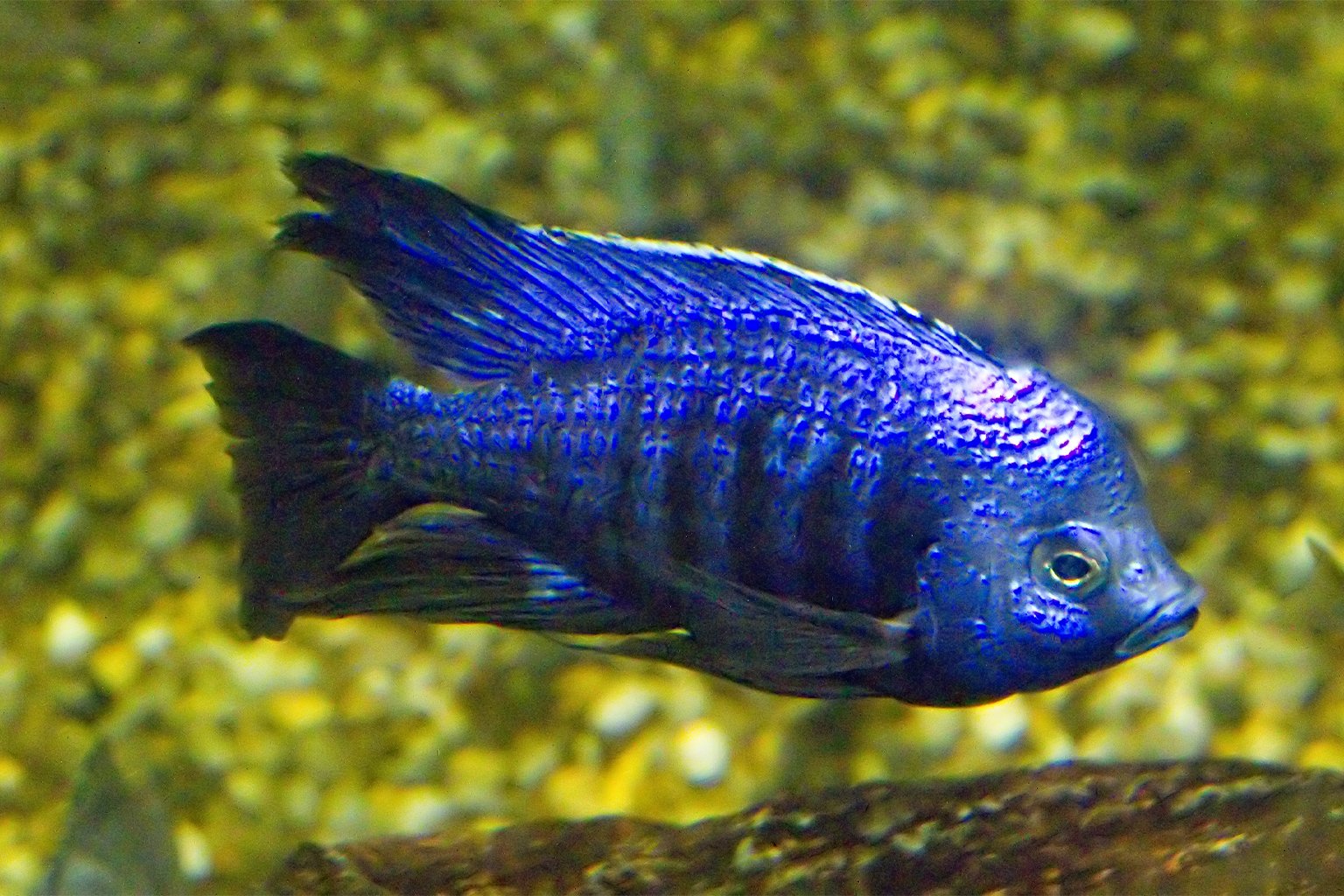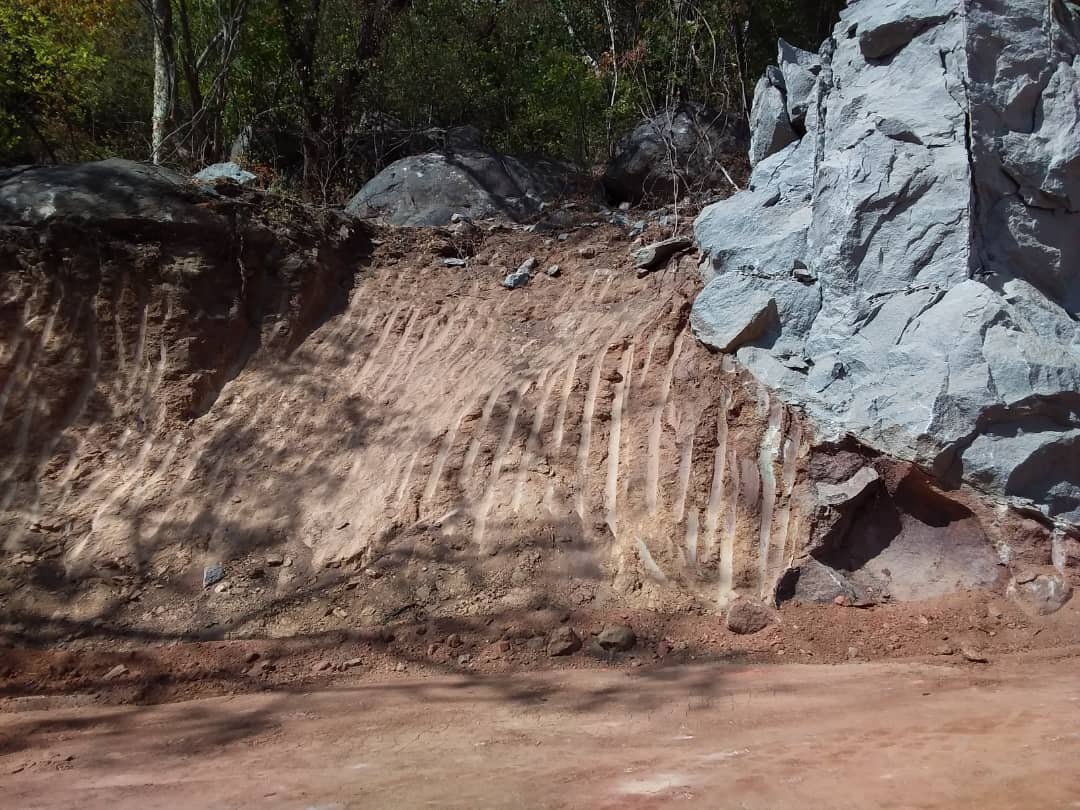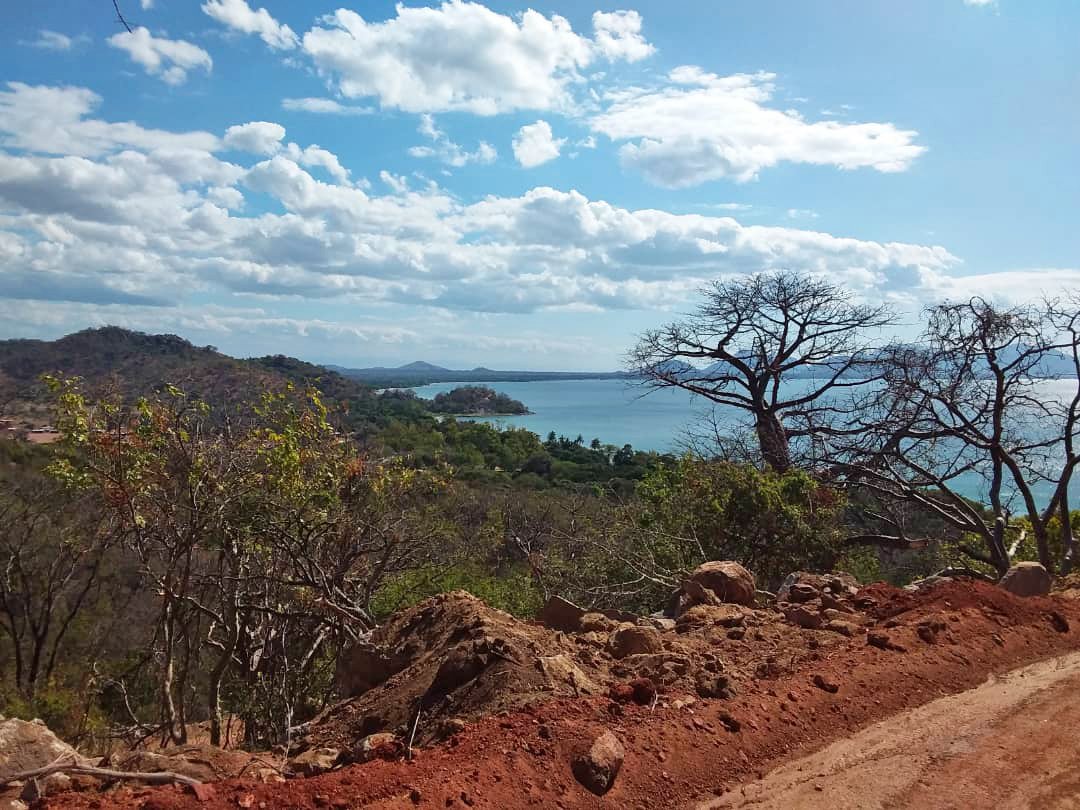- The government of Malawi has initiated construction works for a water project inside Lake Malawi National Park, despite court challenges and sustained protests from conservationists who say the project threatens the park’s UNESCO-recognized biodiversity and archaeological sites.
- Eyewitness reports say construction vehicles are currently blasting rocks, bulldozing boulders and uprooting trees, ripping through a pristine forest.
- The project is expected to bring potable water to around 93,000 people in the lakeshore district of Mangochi, and enjoys political support both locally and nationally.
- Conservationists say they don’t object to the project itself, but call on the government to locate it outside of the park’s boundaries.
BLANTYRE, MALAWI — Despite ongoing protests from conservationists, the government of Malawi has rolled out construction works for a water project inside Lake Malawi National Park, the world’s first underwater national park and a UNESCO World Heritage site.
According to eyewitness accounts in the area, construction vehicles are currently blasting rocks, bulldozing boulders and uprooting trees, ripping through a pristine forest.
Structures to be built inside the park include a paved road, a water intake facility, a water treatment plant, transmission pipelines, and two concrete reservoirs, one of them covering 0.4 hectares (1 acre) atop the densely forested Nkhudzi Hill.
Conservationists say the construction will ease encroachment into the park and result in the free-for-all destruction of its rich biodiversity.
The government has so far snubbed calls to consider alternative sites, said Herbert Mwalukomo, executive director of the Blantyre-based Centre for Environmental Policy and Advocacy, one of 10 NGOs that have voiced their concerns over the project. “Government has ignored every sensible argument about how we could balance implementing the water project and ensuring we maintain the integrity of the park. And that’s shocking,” Mwalukomo said.
Funded by an $11 million loan from the Kuwait Fund for Arab Economic Development, the water system is meant to serve an estimated 93,000 people in the lakeshore district of Mangochi. Project documents say much of this population obtains water from unsafe sources, leading to a high incidence of waterborne diseases.
Lake Malawi National Park, declared a protected area in 1980, is described by UNESCO as “property of global importance for biodiversity conservation” particularly owing to its hundreds of endemic species of cichlids, a family of colorful, rock-dwelling fish.
The park also boasts numerous protected trees, birds, reptiles and mammals, including Temminck’s pangolin (Smutsia temminckii), a vulnerable species, as well as sites of archaeological value. UNESCO declared it a World Heritage Site in 1984.
Conservationists warn that if the project proceeds in the current location, the park’s wildlife and archaeological artifacts risk destruction.

The uproar began in July 2021, when it emerged that construction work had started before an environmental and social impact assessment (ESIA) had been produced and publicly discussed. Following criticism, the Southern Region Water Board, the government agency implementing the project, finally made the document public, but conservationists found it inadequate.
In December 2021, the water board produced another report after public consultations. That report was approved by the Malawi Environmental Protection Authority (MEPA). Conservationists, however, slammed the report, saying it was not comprehensive in its documentation of biodiversity in the project area, and failed to address their primary call to relocate the project infrastructure.
“MEPA’s response has been a disaster,” said Kenneth McKaye, a biologist whose work helped lead to the establishment of the park. “They approved an ESIA that was totally unsatisfactory, and in part fraudulent … Furthermore, they have not monitored the blasting and the bulldozing taking place or regulated the poaching that is now going on.”
McKaye said conservationists support the water treatment project, but at a site outside the park.
In the report, the water board defended the location of the main reservoir on Nkhudzi Hill. It said the hill has a significantly higher altitude than surrounding areas, making gravity flow more effective and minimizing the need for power supply for water pumping.
It further counted only “seven trees” to be affected by project works on the hill, and while it noted 56 bird species, 26 reptile species and 10 amphibian species as being in the project range, it ranked them as species of “least concern.”

The report also dismissed fears that project activities would endanger the lake’s cichlids. It said pumps at the intake will be caged to prevent fish from getting inside. In the event fish do get inside, the report said, the pumps have been designed to operate at very low velocity to allow the fish to swim out.
Unsatisfied by this report, in March, environmental activists obtained a High Court order to stop works; in April, the Supreme Court of Appeal set aside the lower court’s order and construction resumed.
The project enjoys high political support both locally and nationally. President Lazarus Chakwera said the water project is key to government plans to develop the district into a city. He said he’s been assured that the project would not affect the park. A parliamentary committee on natural resources said relocating the facilities would require more funding, which would delay the project.
A community leader in an area that will be served by the system, told Mongabay that the project was long overdue. “For too long, we have paid the price of lack of access to potable water,” Chief Namkumba said. “As for the issue of the park, that is up to government. We need the project now; we know some people don’t want it.”
MEPA’s acting director-general, Michael Makonombera, said authorities are working with key agencies and the contractors to ensure adherence to all mitigation measures. He said tree-planting and soil conservation measures will be carried out where vegetation has been cleared and soils disturbed.

Julian Bayliss, a U.K.-based biodiversity and protected areas specialist who in July last year wrote to the Malawi government expressing his concerns, questioned the viability of the measures. He said no amount of replanting will repair the damage since it is unlikely that any of the trees would reach maturity. “It is generally accepted that a road into a protected area provides access for resource extraction. This will be the likely outcome of this development,” he said in an email.
Bayliss, who previously worked in Malawi with the World Bank, questioned why the government has opted not to assess the proposed alternatives sites.
“This is not about stopping the project or depriving local communities of valuable drinking water. It is about moving the project to an alternative site when there are viable options,” he said.
According to Bayliss, the government’s insistence on building in the park is an example of how the environment is undervalued and its economic value underappreciated.
In April, a UNESCO delegation visited Malawi for an assessment of the park. The head of the delegation, Peter Howard, told local media that the government had not informed the U.N. body about the project. UNESCO is yet to release a report.
Banner image: Boats on the lake shore in Lake Malawi National Park. Image by Lazare Eloundou Assomo via Wikimedia Commons (CC BY-SA 3.0 IGO).













